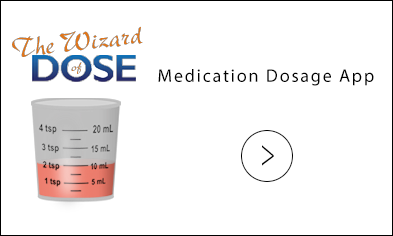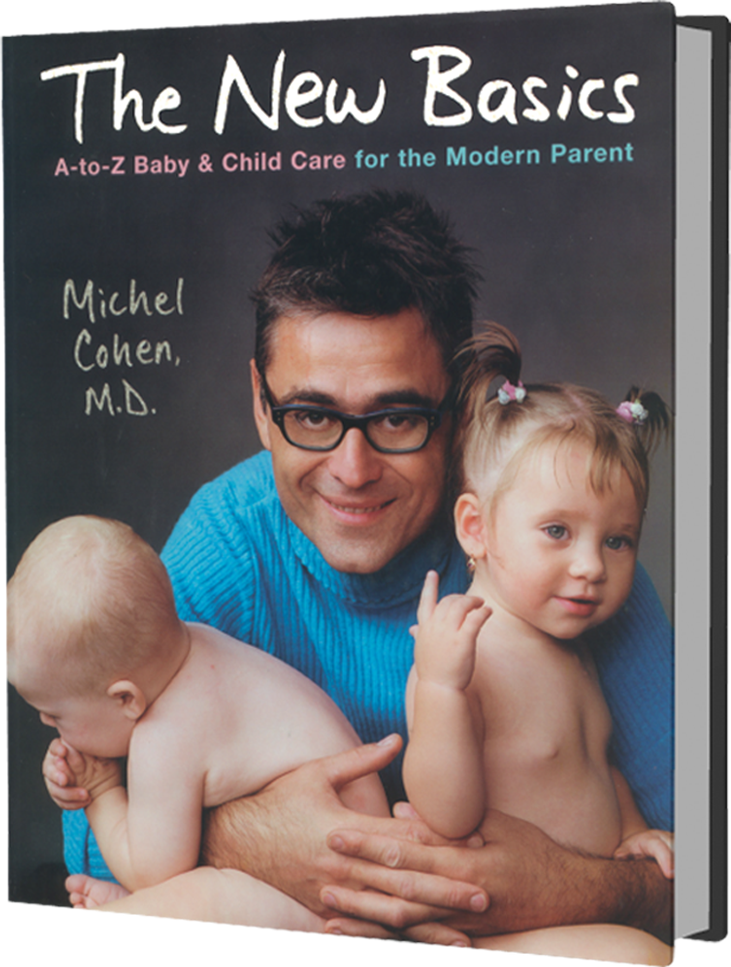
Travel in Exotic Places
Traveling with kids to exotic locations may present some risks and require some preparation.
Bug Bites
In places where mosquitoes and other bugs are fierce, mosquito netting is a must. When it comes to repellents, the most effective ones are also the most toxic (all of them contain the chemical DEET). Still, you may have no choice: use the children’s preparation, but use it sparingly.
Bug bites are more likely to become infected in moist climates, especially if scratching irritates them further. Use antihistamines like Benadryl to take the edge off the itching, and prevent infection with topical over-the-counter antibiotic creams. You may also ask your doctor to prescribe an oral antibiotic just in case one of these bites becomes infected despite your preventive measures.
Malaria Prevention
If you read the Centers for Disease Control and Prevention guidelines (at www.cdc.gov), you’ll learn that antimalaria drugs are recommended in many countries, some of which may surprise you. Consult your doctor to find out if the drugs are really necessary, since you’re unlikely to be roughing it in the jungle with a young baby. If you do need it, the malaria pill is taken weekly, starting one week before the trip and continuing until a month after. In high-risk areas, even young babies can take it (crushed), although it is always easier to keep a baby under a net for prevention.
Food Poisoning
Especially in warm climates, unfamiliar germs may contaminate food, causing severe vomiting and diarrhea and possibly dehydration. If you or anyone in your party becomes ill in this way, practice continuous rehydration with diluted room-temperature sugar sodas, as you would for any stomach bug [See: Stomach Bugs]. For vomiting, give as much fluid as often as you can in small quantities to prevent further vomiting. Anti-vomiting and anti-diarrhea medications are not recommended for children, as they are generally inefficient or even harmful. If your child is unable to keep fluid down, find a local doctor, since intravenous fluid replenishment may be required.
Flus and Colds
Your children can get flus and colds in warm climates just as they can at home. Bring along some fever-reducing medications, such as acetaminophen or ibuprofen.
Vaccinations
The yellow fever vaccine is still mandatory in some remote, undeveloped parts of the world, and a vaccine against Japanese encephalitis is advised for travelers who visit certain rural parts of Asia. Visit the CDC site (www.cdc.gov) for more specifics.




 MEDICATION DOSAGE
MEDICATION DOSAGE

